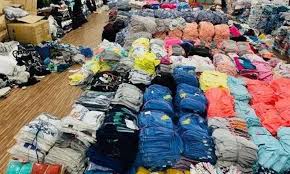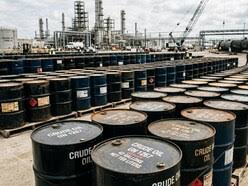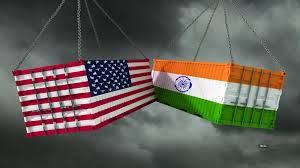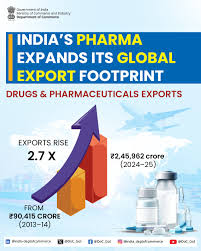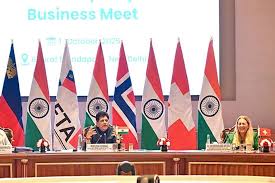The EU has established various carbon tax schemes. The carbon border tax will differ depending on whether steel is produced in blast furnaces or electric arc furnaces. Sarangi explained that segregation will therefore be necessary.
The impact of the carbon price enacted by the European Union last month is being discussed by an inter-ministerial group made up of representatives from various ministries, according to Director General of Foreign Trade (DGFT) Santosh Kumar Sarangi, who spoke at a press conference on May 15. The Carbon Border Adjustment Mechanism (CBAM) Bill, which was approved by legislators from the 27-nation bloc, is anticipated to go into effect this month and give the bloc the authority to impose a Carbon Border Tax (CBT) beginning in January 2026 on imports of steel, aluminium, fertiliser, electricity, cement, and hydrogen. “The European Union has established various carbon price schemes. The carbon border tax will differ depending on whether steel is produced in blast furnaces or electric arc furnaces. Therefore, segregation will need to be implemented and will require some time. The Interministerial committee is cooperating in the areas of how much it may be alleviated, how the industry can adjust, and how mutual recognition of testing and certification can occur, as per Sarangi.
According to government projections, the carbon price will reduce India’s exports by $8 billion, or 1.8per cent.
The US, the UK, Canada, Japan, and other nations are getting ready to implement CBT on imports. On October 1 of this year, the EU will start gathering information about individual companies, and on January 1 of 2026, it will start collecting taxes under the Carbon Border Adjustment Measures.
India’s contribution to global greenhouse gas emissions, which increased between two four-decade periods: 1950–1990 and 1991–2020, has only been marginal, according to a Reserve Bank analysis. Its share of consumption-based emissions, however, is far lower than its share of production-based emissions when compared to other significant industrialised nations.


